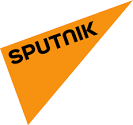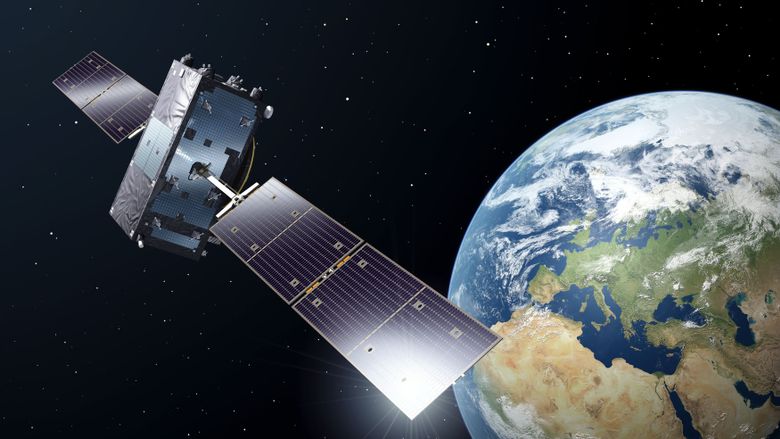A headline in “The Telegraph” this week read “UK seeks ‘Five Eyes’ alliance on satellite rival to EU’s Galileo.”
The United Kingdom has a golden opportunity with this initiative to be a world leader in PNT.
To capture this title, they must be innovative and not just field a British version of what the US, Russia, Europe, and China have already done. The UK must focus on users, reliability, resilience, and affordability.
Safeguarding users by providing true reliability and resilience requires a PNT architecture that has both space and terrestrial components.
For the space component, a constellation of LEO satellites to complement/augment GPS and other GNSS is a fraction of the cost of a MEO constellation, and will provide much stronger signals. This has been proposed in several academic papers (we saw some at a navigation conference in Japan last year). There are signs China may be already moving in this direction. LEO PNT is a much better choice than yet another highly expensive and weaker signaled MEO constellation.
A terrestrial component to protect the UK homeland, waters and airspace is also incredibly affordable. And this is already an area in which the UK leads. The nation fielded and certified the world’s first eLoran system along its east coast in 2014 and still has an eLoran timing signal on-air. System location accuracy was less than 10 meters and timing at 50ns. Going forward, we know the smart people at the UK General Light House Authorities could make a next-gen eLoran even better and more affordable.
Users who accessed both UK space and terrestrial systems would be virtually bullet proof to disruption, whether it came from Moscow, the mafia or Mother Nature.
What’s not to like?
Here is a white paper RNTF sent to the UK government last year on the topic.
And here is the article this week from The Telegraph. Just click on the title to access.
![]()
UK seeks ‘Five Eyes’ alliance on satellite rival to EU’s Galileo
Since much of the above article is behind a paywall, here is a similar piece from Sputnik that is not (we have read the one in The Telegraph and the Sputnik summary isn’t too bad).



